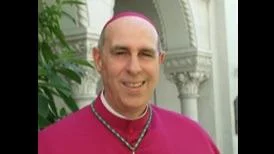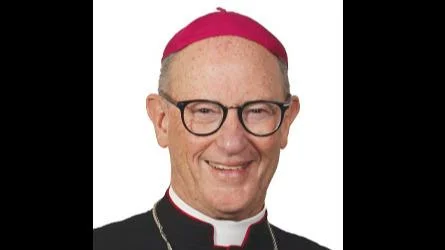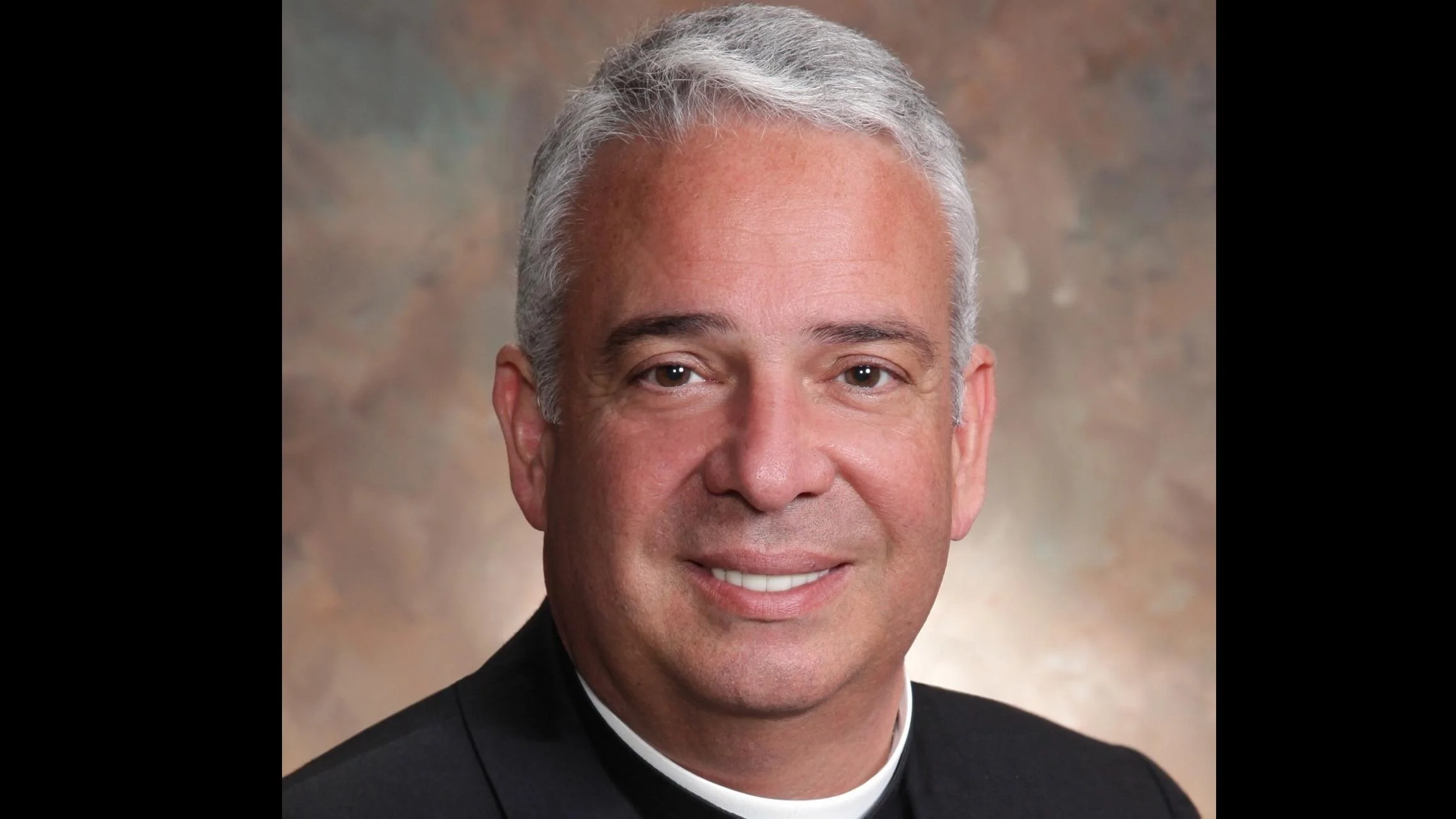
Reverend Larry Silva, Bishop | Diocese of Honolulu
The Bishop of the Diocese of Honolulu delivered a homily for the Twenty-Eighth Sunday of Ordinary Time, reflecting on gratitude not only for gifts received but also for the giver. In his message, he recounted a personal story about his young nephew at a birthday party to illustrate how people can sometimes focus more on gifts than those who give them.
He compared this experience to the biblical account where nine out of ten people healed by Jesus did not return to thank him. "I cannot imagine that the nine persons with leprosy who were healed by Jesus but did not return to him were not grateful. I am sure they went to their families and friends to reconnect with them and to rejoice in their newly restored health. And, of course, I cannot imagine that Jesus withdrew the gift of healing from them simply because they did not return to thank him. But the point is, these nine were grateful for the gift, while the Samaritan was grateful first to the one who gave the gift."
The Bishop also referenced Naaman, a Syrian general from scripture, noting how he initially resisted following Elisha's instructions but ultimately recognized God's role in his healing. "At first he wanted to show his gratitude to Elisha by offering a gift, but Elisha knew that he was not the healer, God was. In the end, Naaman recognized that it was indeed the God of Israel who healed him..."
He encouraged reflection on whether individuals are thankful for opportunities and talents as well as for divine assistance in life events such as recovery from illness: "We all have talents and abilities... But do we thank God for these abilities and opportunities, since all good gifts are from him? Perhaps we are healed of a serious health issue... but do we thank God for the healing?"
Addressing broader themes like peace and relationships, he said: "As we search for the gift of peace in the world... unless we are grateful to God – a gratitude based sometimes on what we do not yet see – we will never achieve true peace through merely human efforts."
He concluded by highlighting why attending Eucharist is central: "This is why the Church is so insistent upon our coming here to the Eucharist – this sacrifice of thanksgiving – every Sunday... Here we can not only recount the gifts God has given us, but we can lift up our hearts to give thanks and praise to God, the Giver of these gifts."





 Alerts Sign-up
Alerts Sign-up